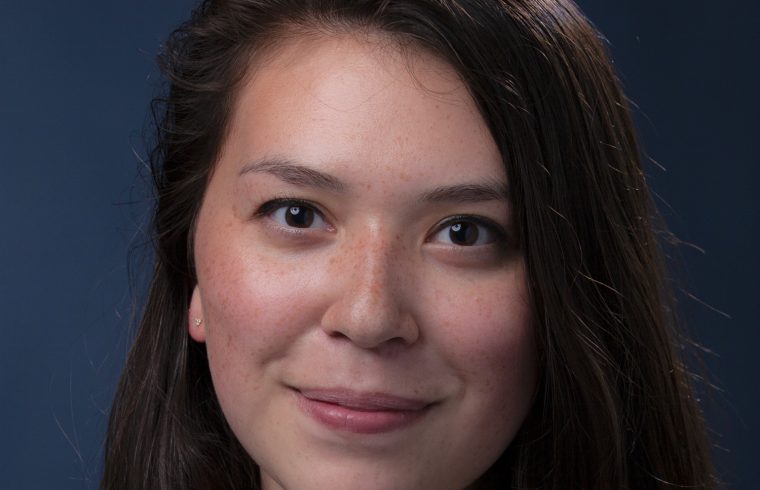Portnoy’s Twitter following has also doubled in the past two years. The site’s main Instagram account now has more than 7 million followers. Barstool Sports also owns 38 podcasts, dozens of side Twitter and Instagram accounts and a growing women’s blog called Chicks, which brands itself as “One of the Boys, All for the Girls.”
Barstool Sports isn’t just about sports, and it never billed itself that way. But outside its sports coverage, Barstool has found itself entangled in controversies of its own — or Portnoy’s — doing.
Most recently, he tweeted about hating unions and threatened to fire any of his employees “on the spot” if they reached out to anyone for union information. Earlier this year, comedian Miel Bredouw documented her fight with Barstool Sports after she claimed it ripped off her content on Twitter, which she said eventually led to harassment from multiple company accounts.
Last year, several female reporters accused Portnoy and Barstool fans of verbal harassment, making light of sexual harassment and doxxing them.
“You can’t put Barstool in a box however hard you try,” Portnoy said in the email. “We’ve worked with 1000’s of women, and almost all of them will say it’s one of the most progressive job environments they’ve ever been in.”
“We have a primarily female leadership team, not because they are women but because they are the most qualified. We have 3 of the most successful female podcasts in the world,” he continued. “The facts just don’t support the narrative of those who hate us.”
The antics aren’t always without repercussions. Portnoy is now being investigated by the National Labor Relations Board for the tweet about unions. Two years ago, ESPN canceled its collaboration with Barstool Sports due to pushback from female employees after one episode of the TV show based on Barstool Sports’ popular podcast, “Pardon My Take.”
And just last week, it announced on social media that it would be moving some content to Telegram, an encrypted app that has been used by members of the “alt-right” when Facebook, Twitter and Instagram cracked down on its content.
“Our goal has, and always will be, to stay true to Barstool Sports and as a result, it means that we, too, will have an ever-changing set of content and ever-evolving set of platforms,” Erika Nardini, the CEO of Barstool Sports, said in an email.
Marcus Messner, a professor at Virginia Commonwealth University, called Barstool Sports’ social media strategy “sophisticated” in achieving its goal: branding. That includes its move to Telegram.
“There’s always a new channel where the more outrageous content can be posted,” he said. “Social media platforms like Facebook, Twitter, Instagram — they’ve received a lot of scrutiny over their misleading content, violent content, outrageous content, that users are flagging and that they’re going to take down. A more non-traditional platform like Barstool can just move to a different platform that won’t regulate it in its initial stages.”
So Barstool still rises. “Pardon My Take,” one of the most popular football podcasts, tops weekly charts on Apple and Spotify and hosts the biggest stars in the NFL, past and present. Former New England Patriots star Rob Gronkowski was on just last week.
“They will not have a reckoning until they no longer reflect a good portion of this country’s values,” Hardin, who has researched gender in sports since the late ’90s, said. “Is Barstool a reflection of our values or is it reinforcing our values? It reflects and reinforces — the only way Barstool could ever die is if it no longer reflects. But we’re not anywhere close to that as a culture.”
Introducing progressive ideas, she said, takes work when it comes to changing American sports culture, which is riddled with conservative values. Barstool Sports is just “amplifying what’s already there.”
“Barstool would not exist if we did not have a spectator sports culture that positioned men and women in a certain way, in a way that we really take for granted,” Hardin said. “So many people don’t even think about the signaling about gender that spectator sports do every weekend on television. Those are things we aren’t thinking about enough as a culture — and Barstool would not exist without that.”












